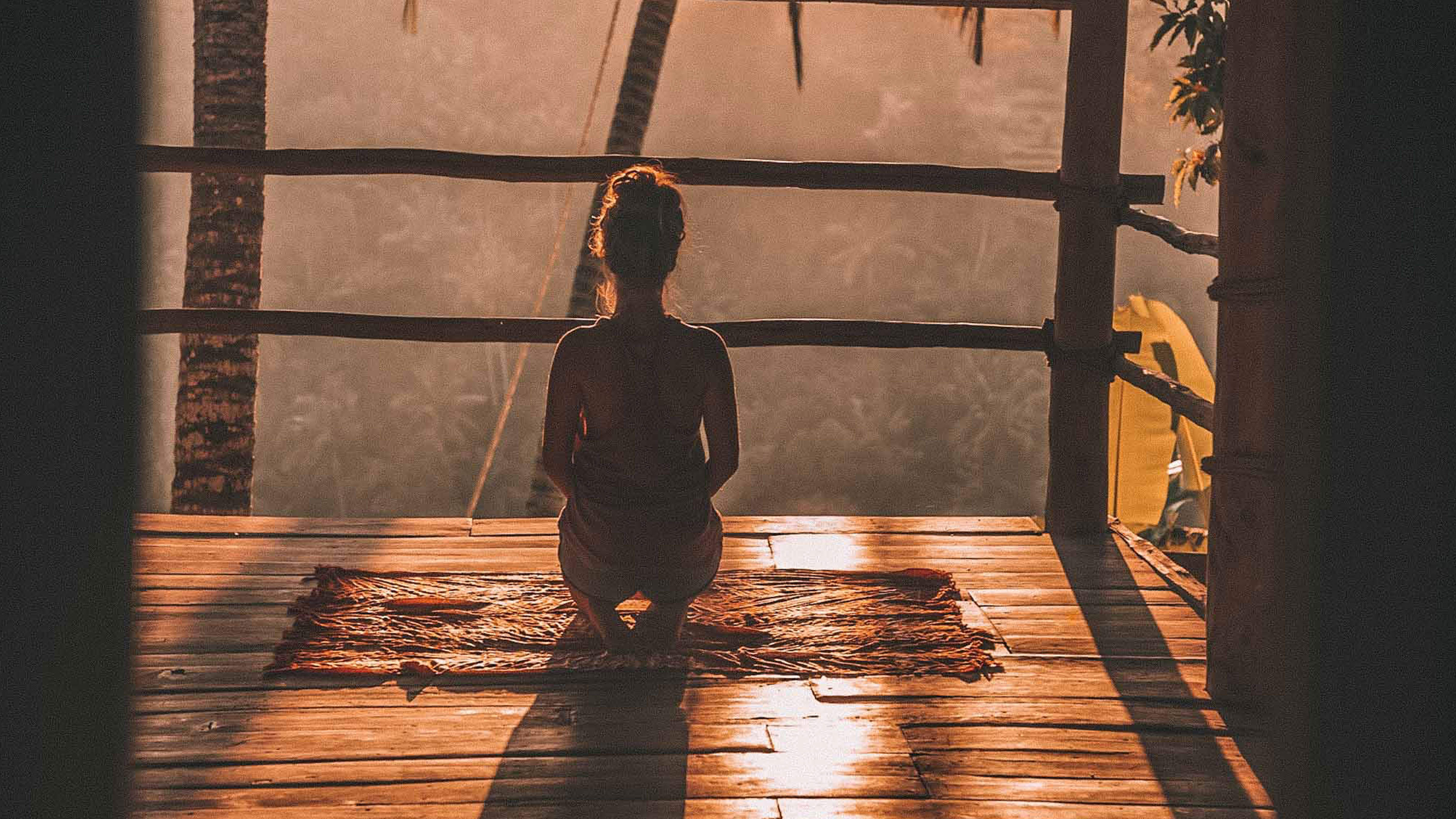
How to Cure Insomnia
June 25, 2018
Author: Josie Sivigny
If you’re inexplicably losing sleep night after night or waking up still feeling exhausted, you might suffer from a sleep disorder known as insomnia.
Insomnia, by definition, is the inability to get to sleep or stay asleep, for more than three nights a week for three months. All sorts of circumstances in your life may cause insomnia, as well as genetic factors, and should not be taken lightly.
Curing short-term symptoms of insomnia can be as simple as finding at-home remedies that work for you, but prolonged, chronic insomnia is a serious disorder and you should always talk to your doctor about your options. Some doctors might prescribe medication or therapy to help, but if you’re experiencing short-term loss of sleep, this list of tips and tricks to help insomnia might just be the perfect solution for you.

Drown it out: White noise, or noise in general, might be able to help you get to sleep better than you’d expect. Traditional white noise machines emit a low frequency that can counteract other sounds so that you aren’t left lying in bed, eyes wide open, focusing on every drop of water that falls from your bathroom faucet or creak in the roof as the wind blows. White noise has proven to help us sleep by masking intrusive sounds. You might even find it humming quietly in the background of your own office, to help eliminate the distracting sounds shared spaces can often produce.
Music and television can also help, though leaving a TV on while you sleep runs the risk of louder scenes or sections waking you later in the night. Curating a playlist of music that is soft and soothing is better than leaving it up to chance, and the light from your television might not bother you, but for some people it can disrupt your natural circadian rhythm, causing you more trouble than the sound solves.

Aromatherapy: Anxiety and worrying excessively can cause insomnia, either temporarily about a life event, or longer term. Some sleepers can find relaxation by creating the perfect environment. Lavender has long been a naturally soothing scent and can help ease tension so you drift off to sleep. You can sprinkle a few drops of lavender essential oil onto your pillow, apply it to your skin, or invest in a diffuser.
Lemon, ylang ylang, and bergamot are also helpful scents that can get you to sleep sooner.

Cut out stimulants: We all know that caffeine is the gift that keeps us going but it might keep you going for a lot longer than you intend. Even a cup or two of coffee 6 hours before bed can have an effect on your sleep, so being mindful about your caffeine intake is key to balancing that much-needed boost in your morning without losing sleep. In a study that measured the impact of coffee on sleep, some participants lost sleep without even feeling the effects of the caffeine, taking stock on the role coffee and other stimulants play in your day-to-day life might root out the cause of your insomnia.
Reducing your caffeine intake later in the day can help you avoid the late night buzzing. Some experts recommend setting yourself a hard stop on the java by 2PM, and capping it at no more than 4 cups a day.
A lot of medications also act as stimulants and might interact with your sleep pattern. If you’re on any prescriptions that may impact your sleep, chat with your doctor and see what they think.

Change up your routine: If you’re participating in high-energy activities before bed like taking a hot shower, working out, or eating particularly large meals, your body temperature might rise beyond what’s considered ideal for deep, restorative sleep. Switching up your schedule to have ample time to cool down at the end of the night can help ease you off to dreamland without interrupting your natural rhythm.
You also might benefit from creating a routine if you don’t follow one regularly. Setting a strict schedule before bed can help encourage your body’s internal timing system to settle into a healthy rhythm and get you sleeping regularly and waking up on time. Make bedtime about you–wrap up everything you need done for the day and then focus on one or two things that mellow you out before you climb into bed. Maybe it’s yoga, journaling, or catching up on an episode of your favorite show.

Avoid napping: Sleeping throughout the day, while helpful to catch you up on missed sleep at night, can sometimes backfire and cause insomnia when you’re finally ready to turn in for the day. Disrupting your natural timing can confuse your body and make it hard to know when is the right time to pass out. Fighting the urge to take a midday snooze might be the key to resetting your sleep habits and get you back on the right track.

Make your bedroom a sacred space: If you’re using your bed for everything, it can be hard to focus in on the most important task. If your bed is your office, dining room, theater, and the place you scroll through Instagram, what makes it a good place to abandon your daily nuances and get some rest? Use your bed for two things—sleep and sex. If you isolate your bedroom to those two activities, your brain knows what’s up the second you walk into the room. Instead of keeping yourself up with phone lights and laptops, you can relax and rejuvenate every night.

